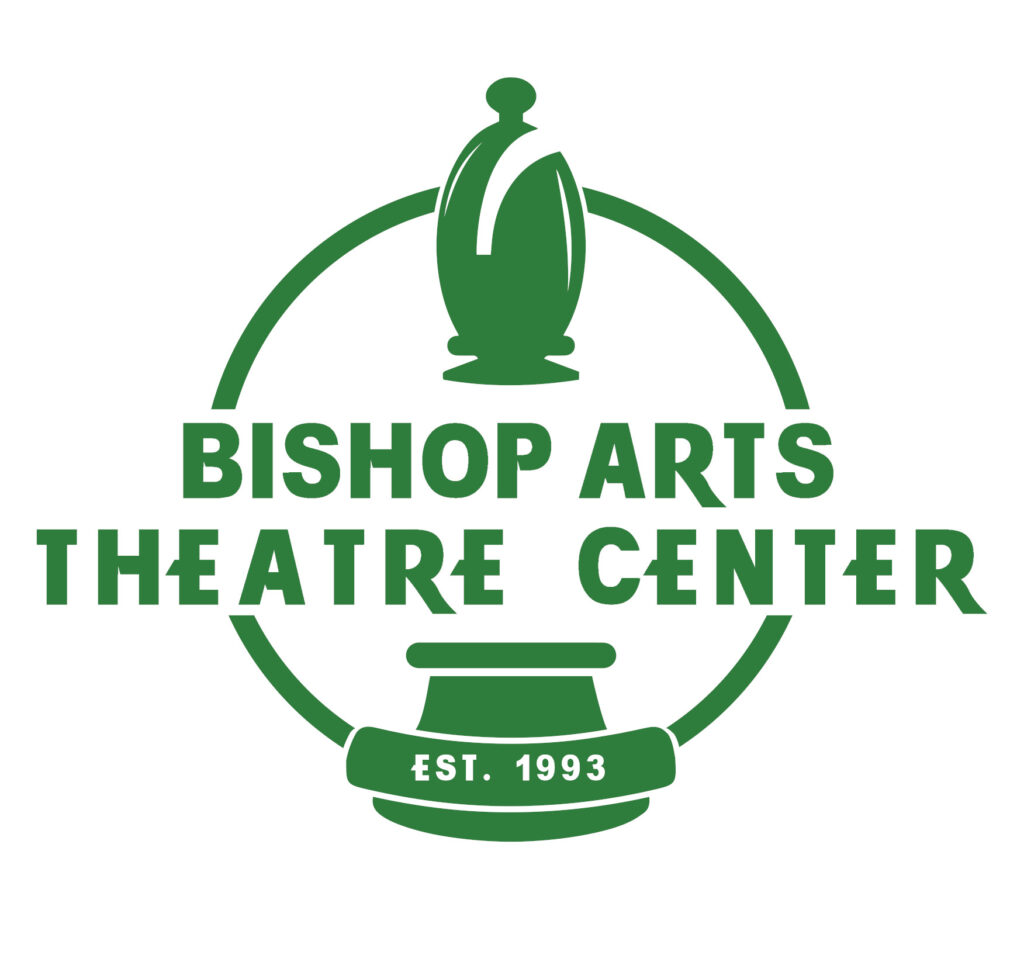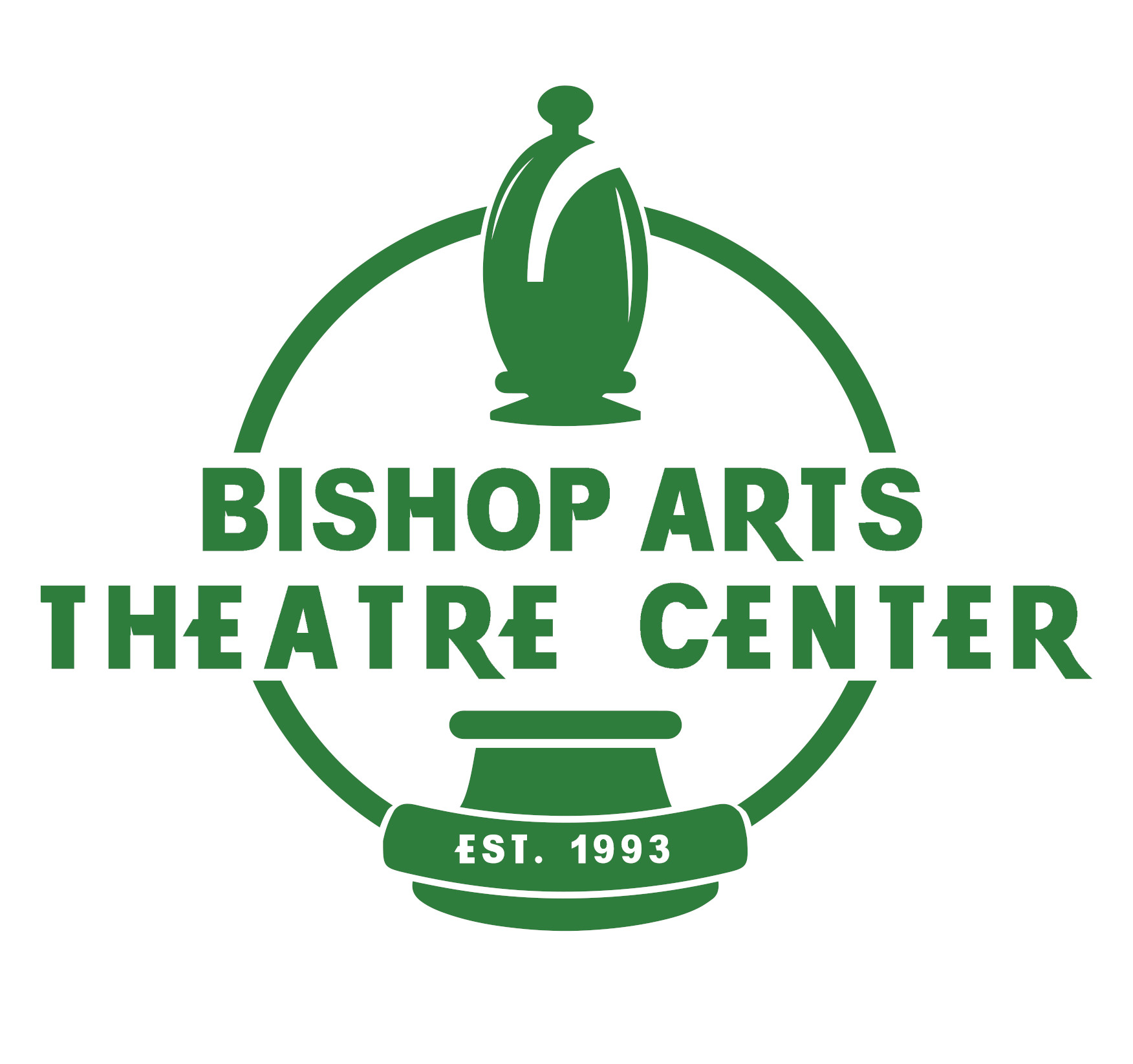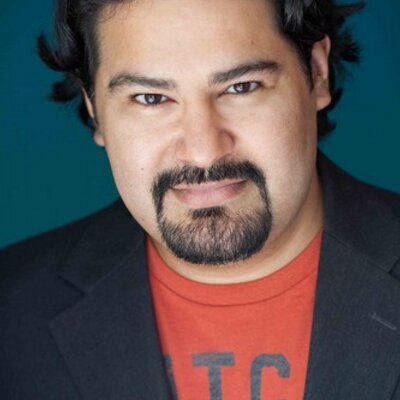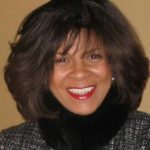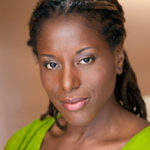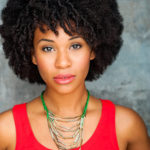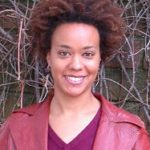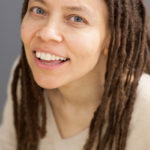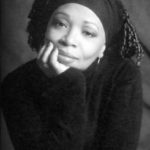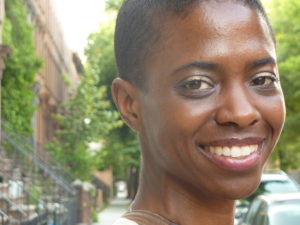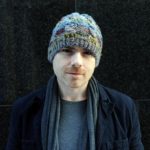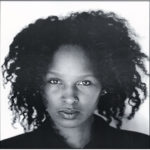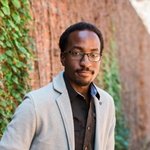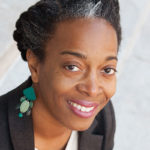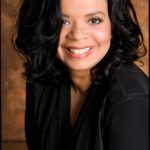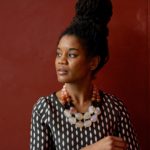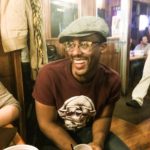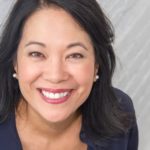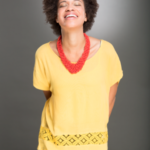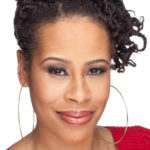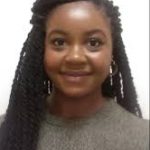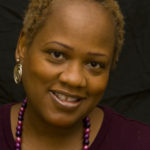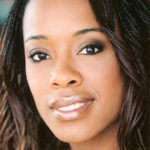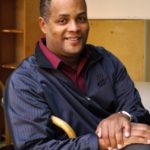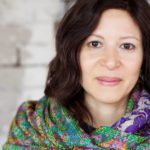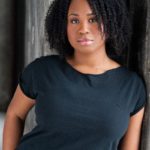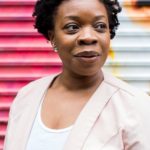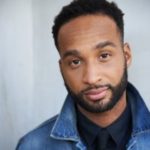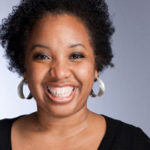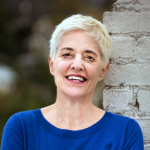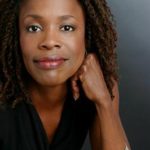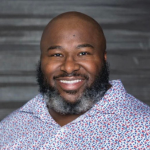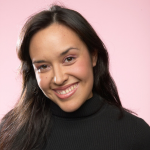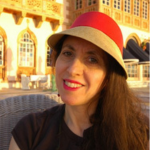The Monologue Project (TMP) is an online resource featuring original works from nationally recognized playwrights. TMP expands the repertoire of audition-length monologues for Women of the African Diaspora and celebrates their impact on theater and society. We stand in solidarity with woman-led movements like Black Lives Matter and honor the Black women who have paved the way for future generations of writers and performers.
A Message Regarding Use
The Monologue Project (TMP) was created to meet the need for audition material for Women of the African Diaspora in professional theatre. Recognizing this gap, participating playwrights generously contributed original works, offered royalty-free for audition use only. Actors may download monologues at no cost, but must credit the playwright and may not alter, record, or distribute the text.
Please note: no royalty is required for auditions, as they are closed to the public. However, public performances—whether ticketed or not—require permission from the playwright or their representative, and a royalty may apply.
Founding Playwrights include Mando Alvarado, Chrystal Bates, France-Luce Benson, N’Jameh Camara, Zina Camblin, Kia Corthron, Gethsemane Herron-Coward, LeKeithia Dalcoe, William Duell, Kim El, Alesia Etinoff, Amy Evans, Rob Florence, Imani Maryahm Harrington, Dave Harris, Yona Harvey, Yvette Heyliger, Chisa Hutchinson, Levi Jelks, Christine Toy Johnson, Jewell McPherson, Dominique Morisseau, Ife Olujobi, Maxie Rockymore, Bianca Sams, Mark Southers, Daniel Talbott, Cori Thomas, Pamela Turner, Mfoniso Udofia, Bria Walker, Keith Wallace, Amy Gijsbers van Wijk, Pia Wilson, and Charlayne Woodard.
“WHY WE TELL THE STORY” by Dominique Morisseau
I remember when I was one of only three Black women students in the Theatre Department at the University of Michigan. I remember feeling muted and insignificant in the eyes of some of the faculty or fetishizes and stereotyped in the eyes of others. I was either too “Black girl, gum-smacking, lip-popping, syllabic ‘s’ in my diction, attitude, and strength-having” to make myself small and bland enough to fit into their ideas of classical theatre, or I was expected to be those things in moments where it was inorganic to my instincts and creative motivation. In other words, I was never allowed to be myself. Only fractions of gross enlargements. It’s dangerous to my sense of value and worthiness to participate in my own industry.
When I wrote my first play at Michigan, it was to carve out space for myself and my voice as a Black woman and to tell my department that I refuse to be a compartmentalized human being. My total humanity will have value and be heard and experienced in creative abundance.
That was in 1999. It’s almost 20 years later, and black women and girls are still going missing across the globe without government-supported investigation into their disappearances. Black women are being harassed and brutalized by police with curious circumstances surrounding their deaths. Black women and girls are still under the attack of misogyny not only by white supremacist patriarchal social systems but also by men of all races in the form of social and entertainment media and within interpersonal relationships.
When a Black woman opens her mouth to speak her truth out loud, she carries a million burdens and loyalties on her back. Don’t talk about this or speak out about that because it will make others uncomfortable with their privilege (white privilege, male privilege, economic privilege, etc). Never mind her own truth that needs reconciling. It is 2018 and Black women are STILL being asked to consider everyone else’s social abuses before their own.
We write because we speak our truths out loud. Black women actors deserve to tell stories where they are exploring their humanity without restriction or burden of pseudo-un-balanced loyalties. Black women actors deserve work that allows dimensionality. Where we can love and protect and also defy and reject. Where we can be ugly and beautiful and tragic and heroic and feel the range of the human experience without being policed for our emotionality. The writers write so actors can speak and collectively we are all giving voice to our totality.
This is why monologues for Black women are necessary. This is why writing for Black women is necessary. This is why Black Lives Matter, and Black Voices Matter, and Black Women Matter. These things are not separations. They are dependent upon each other for a thorough exploration of our valuable humanity.
Organizers
Advisory Committee for The Monologue Project:
Dominque Brock, N’Jameh Camara, Alexis Cash, Siovhan Christensen, Alesia Etinoff, Ife Foy,
Sara Williams, Seth Cotterman
Organizing Partners:
Gab Cody
Pittsburgh Regional Representative for the Dramatists Guild of America
Reginald Douglas
Artistic Director, City Theatre
Kyle Haden
Artistic Director, Ashland New Play Festival
Teresa Coleman Wash
Executive Artistic Director, Bishop Arts Theatre Centre
